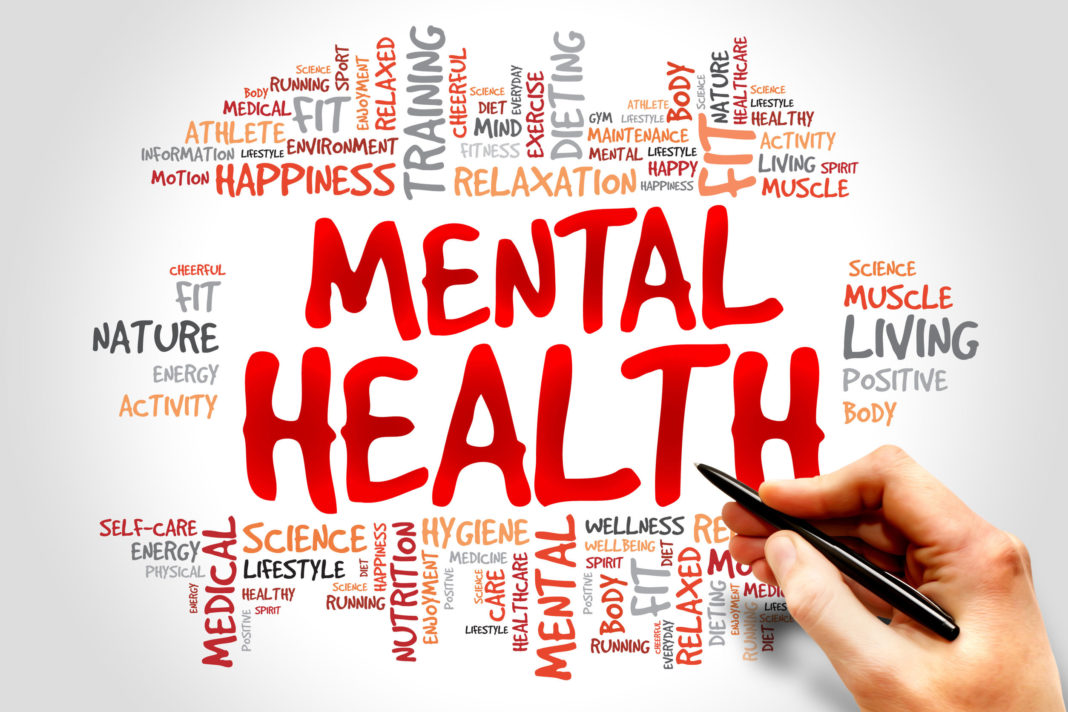New data released by Jigsaw, the National Centre for Youth Mental Health, shows that anxiety, at 39%, was the most common mental health difficulty among young people using its service in 2017, an increase of 7% in just three years.
According to Jigsaw’s Annual Report 2017, other common mental health difficulties included: low mood (31%), stress (25%), sleep changes/issues (17%), anger (15%), family problems (14.5%), isolation/withdrawal (14%), self-criticism (12%), low self-esteem (12%) and thoughts of self-harm (11%).
Relationship difficulties, family breakdown, bullying, exam stress, isolation and peer pressure were all seen as common contributory factors.
HIGH EXPECTATIONS
According to Dr Gillian O’Brien, Director of Clinical Governance at Jigsaw, there are a number of reasons behind the increase noted in anxiety amongst youngsters, “While many of the factors that contribute to the experience of anxiety amongst young people who come to Jigsaw for support are not new – parental separation, traumatic experiences, peer pressure, exam stress – we are also seeing the impact of issues that are more particular to life in 2018.
There is a deepening sense of uncertainty amongst many young people we support in relation to their sense of identity and place in this fast paced, evolving world. High expectations of self are one key driver of anxiety which can be compounded by the expectations of parents, teachers and society at large.”
“However, if there is something positive that can be extracted from this rise in levels of anxiety it’s that young people today are so much more literate in terms of their mental health and wellbeing than they have ever been before. As a society, our awareness of mental health has grown considerably and it has been normalised to such a degree that it’s now commonplace to encounter open conversations about mental health in all kinds of places. The very real challenge for us in Jigsaw, alongside other mental health services, is to ensure that help is available,” she added.
Encouragingly, research also reveals that Jigsaw’s early-intervention model is highly effective, with 73% of 17–25 year olds who used the service reporting a significant reduction in their psychological distress.
4,300 young people nationwide were supported by Jigsaw last year and it saw a 51% increase in the number of young people using its services between May and December 2017. This increase can be attributed to the opening of three new services in partnership with the HSE in Dublin, Limerick and Cork, as well as an increased awareness of the free services Jigsaw provides.
If you are effected by any of the issues in this report, Jigsaw Cork can be contacted on 021 245 2500, or visit www.jigsaw.ie








